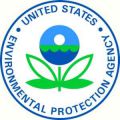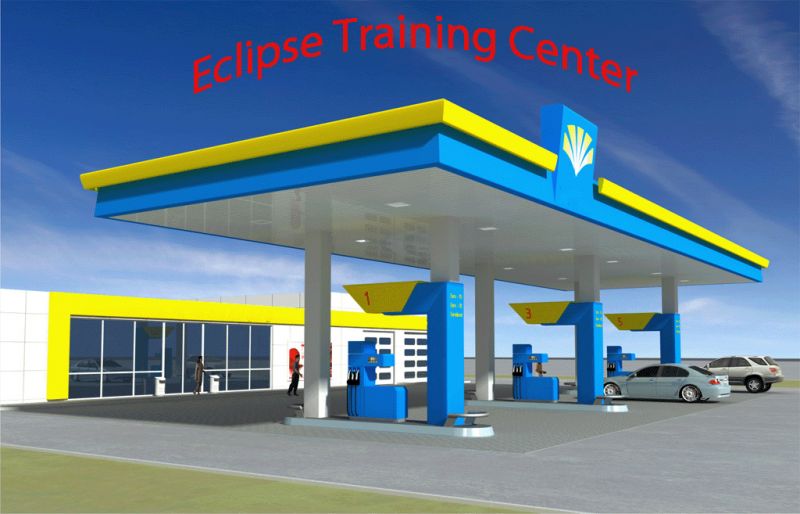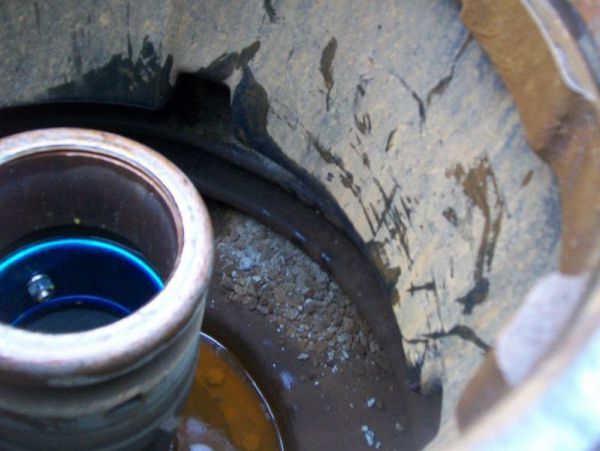1.888.302.4875
ECS Eclipse News Archives December 2011
EPA Proposed Regulations
December 29, 2011 (comments: 0)
The Environmental Protection Agency (EPA) has proposed changes to the 1988 Underground Storage Tank Regulations in 40 CFR 280. The proposed changes include adding secondary containment requirements for new and replaced tanks and piping; adding operator training requirements; adding periodic operation and maintenance requirements for UST systems; adding new release prevention and detection technologies; updating codes of practice; and updating state program approval requirements. The agency said it expects these changes will protect human health and the environment by preventing underground storage tank releases and quickly detecting them if they do occur. To read the proposed changes please go to EPA Proposed regulations. All comments are due by February 16, 2012.

Upcoming - Massachusetts UST Operator Training Requirements.
December 27, 2011 (comments: 0)

Looming on the horizon for UST operators in Massachusetts, pursuant to the requirements for implementing the federally required different levels of UST operator training to the owners and operators of Underground Storage Tank (UST) systems, the MADEP is currently underway implementing and promulgating these training requirements.
As per the Federal requirements under the Grant Guidelines that implement 42 U.S.C. and as amended by Section 1524 of the Energy Act of 2005, Effective August 8, 2012 no person shall own or operate a UST system without a designated trained and certified Class A, Class B, and Class C operator for the UST system.
MADEP approach to implementing these regulations, is to require that all Class A and B UST operator be required to take and pass an online examination. This approach fundamentally differs from most other state’s approach, whereby the majority of states approach this requirement by implementing a UST training program.
The MADEP online examination process works by a Class A or B taking the examination and when passing, demonstrates full knowledge of both the federal and state requirements for proper and safe operations of the UST system.
Once passing, the individual is issued a certificate attesting that they have been properly trained and possess the knowledge and understanding of UST systems and Massachusetts UST program requirements. In the future, if the MADEP determines that your facility is out of compliance, they will probably require the Class and B operator of the facility to retake and pass the examination as part of returning back to compliance.
As it stands to date, the online examination will be available by sometime in January of 2012. From the information we’ve received from individuals who were selected to participate in the beta testing, this is one tough examination to pass. An individual has to receive at least an 85% grade to pass and receive the certificate. The subject matter will take into consideration the following areas of UST operations.
1. Tanks and Piping
2. Regulated substances stored
3. Leak detection
4. Spill prevention
5. Overfill prevention
6. Corrosion Protection
7. Emergency response procedures
8. Product compatibility
9. Financial Responsibility
10. Registrations, Licenses and Permits
11. Reporting and Recordkeeping
12. UST testing requirements
13. Temporary and permanent closures
14. Class A, B, and C qualifications and requirements
15. Understanding of 527 CMR regulations
The results of the beta examination testing has indicated that the majority of the people failed in the examination. Not surprising given the indept nature of the subject matter.
We feel that the overwhelming majority of people tagged to be an Class A or B operator (roughly 5,000 individuals) will need to have some level of prior training and refreshers to be able to pass the examination.
ECS Eclipse can help train you (and your staff) to be prepared to master this tough examination.
We are experts in UST compliance with over 35 years of experience in UST operations.
We provide both online and classroom training to UST operators.
Contact us and be sure to be prepared for your states training requirements.
An Inspection by Lorenzo
December 8, 2011 (comments: 0)
During one of my inspections I do routinely for our clients, I encountered a situation that frankly can happen anywhere, especially here in the Northeast due to weather conditions of freezing and thawing cycles. This is a photo of a broken spill bucket. During a typical spill bucket inspection; I run my hand around the interior of the fill containment checking for seam integrity. The integrity of this bucket has been jeopardized as it is broken and cracked at the bottom allowing the pea-stone backfill to enter into the fill containment area. This will also allow product to leave the containment area and enter the environment in the event of a delivery spill. Fill/Spill buckets need to be maintained clean and dry at all times per regulations. They should be inspected regularly for liquid accumulation and tightness as these areas are one of the most common causes of releases

Post Tags
- 24/7
- alarms
- ATG
- ATG monitoring
- August 8 2012
- Automatic tank gauge
- buying a convenience store
- Buying Station
- Cleanup Fund
- Cleanup Program
- Compliance
- compliance audits
- Connecticut
- construction
- credit card
- CT
- Decommissioning
- DEEP
- Dispensers
- Double Wall piping
- Draft UST Regulations
- DW Piping
- EPA
- Ethanol
- Facility Compliance
- facility inspections
- Fuel Spill
- Fuel Theft
- gasoline
- Gas Station
- Gas Station Inspections
- gas station tanks
- Identity Theft
- Independent Oil Marketers Association
- Inspection
- inspections
- interstitial monitoring
- inventory reconciliation
- IOMA
- MA
- MA DEP
- manways
- Massachusetts
- MA UST
- MA UST Regulations
- NH UST Regulations
- Notice of Violations
- NOV
- NOV's
- Ohio
- Operator Training
- Organization
- permanent tank closure
- Petroleum
- Recordkeeping
- Regulations
- release detection
- remote monitoring
- Rhode Island
- secondary containment
- Selling a convenience store
- Selling Station
- sensors
- Shear Valve
- single wall tanks
- Single wall ust closure
- Spill Bucket
- Stage II
- Stage II Decommissioning
- Stage II Vapor Recovery
- State Fund
- State Regulations
- storage tanks
- SW Closure
- tank regulations
- Tightness Testing
- underground piping
- underground storage tank
- Underground Storage Tank Regulations
- underground storage tanks
- UST
- UST's
- UST Compliance
- UST Inspections
- UST Operator Training
- UST paperwork
- UST Regulations
- UST removals
- UST Rules
- UST Training
